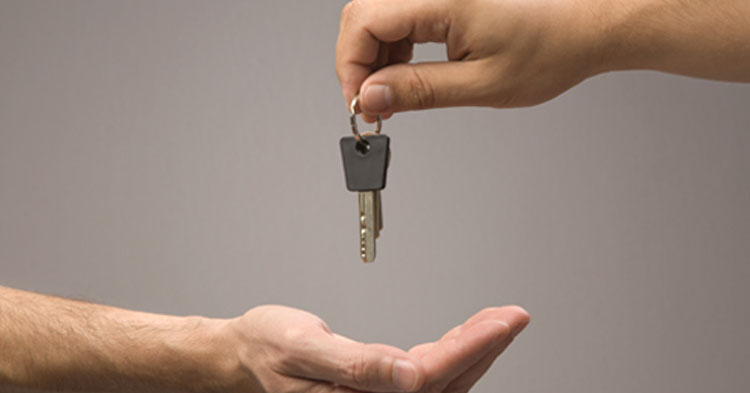Car loan or home loan – which one should you take first?
Let’s admit it, having your own wheels gives you the freedom to travel wherever you want, whenever you want. You don’t have to stand in queues, waiting for public transport. You don’t have to deal with taxi drivers. And you certainly don’t have to mingle with fellow commuters you barely even know. You just pick up your keys and drive to where your heart takes you.
This freedom is the reason some people have prioritised a car loan over a home loan. But is this a wise move?
No one size fits all answer
“There is unfortunately not a straightforward answer to this question. One needs to understand the circumstances of the individual who is in that position,” said Almo Lubowski, legal and trust executive head of FinServe Group.
“It might be that the person is faced with using dangerous public transport. So, owning a vehicle will put them in a safer position.
“Secondly, buying a car may allow the person to enjoy other income generating opportunities,” he added.
Screech! What if the car is for personal use?
If a vehicle is used for personal use only, it is seen as a liability as it doesn’t directly generate an income.
“In this case it is better to purchase a vehicle outright with cash than to finance it,” advised Lubowski.
Why is that so?
“A car is a depreciating asset, meaning it loses value quickly,” explained Lubowiski.
He advised consumers to always remember that credit that is secured by an asset is always best.
“With both a car loan and a home loan the credit is backed by an asset, but the value of a car goes down,” he emphasised.
What about the value of a house?
“Property is much more likely to be an appreciating asset,” said Lubowski.
“Depending on the area where the property is purchased, the individual may enjoy capital appreciation of the property that was purchased,” he elaborated.
In most cases, property appreciates faster than inflationary rates which means that your money grows faster than inflation. It also gives your money an opportunity to compound the growth it has.
Therefore, financing a property allows the individual to positively leverage their capital.
I don’t qualify for home loan, now what?
Lubowiski advised consumers to take up a car loan if that is the only lone they qualify for. He said it would help them build a credit record.
“However, it does not mean they should use all the credit that they qualified for,” he said.
“Good financial planning would dictate getting a smaller and less expensive car and saving the rest for a future home loan deposit,” Lubowiski concluded.
MoneyShop





